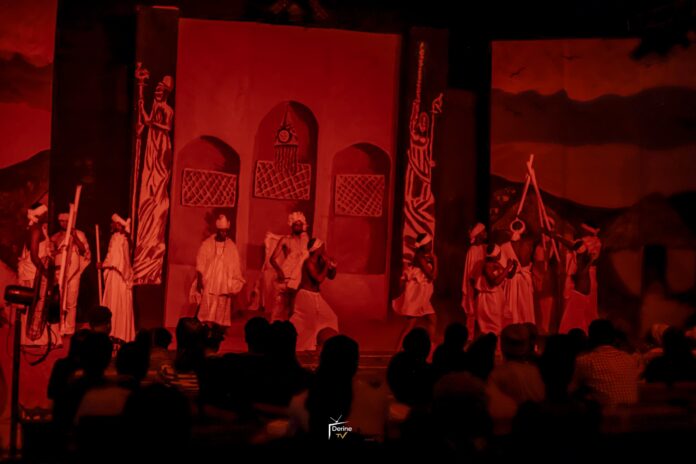The Creative Arts Hall of the University of Lagos hosted the stage performance of Ooni Luwo, a historical drama written by Dimeji Sodeke.
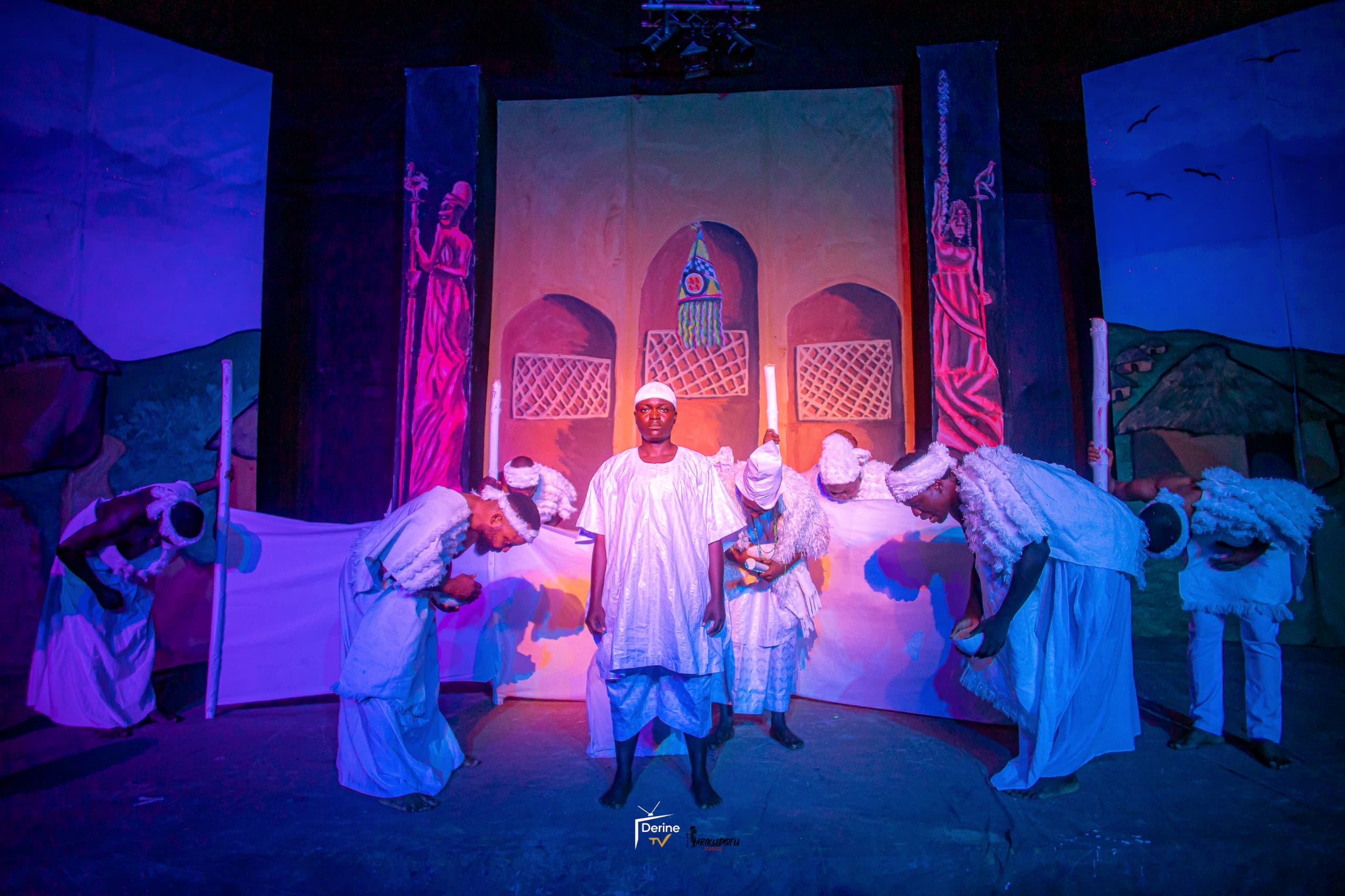
The play which tells the story of the only female Ooni of Ife, Luwo Gbagida, provided a gripping and thoughtful portrayal of power, gender, and cultural memory.
The play captured Luwo’s reign and contributions to the ancient kingdom of Ile-Ife. It served as an artistic excavation of a neglected chapter of Yoruba history, drawing attention to the reign of a woman who once ruled one of the greatest Yoruba empires. With its thoughtful direction and strong performances, the production opened a window into an important historical narrative that is rarely highlighted in mainstream discourse.
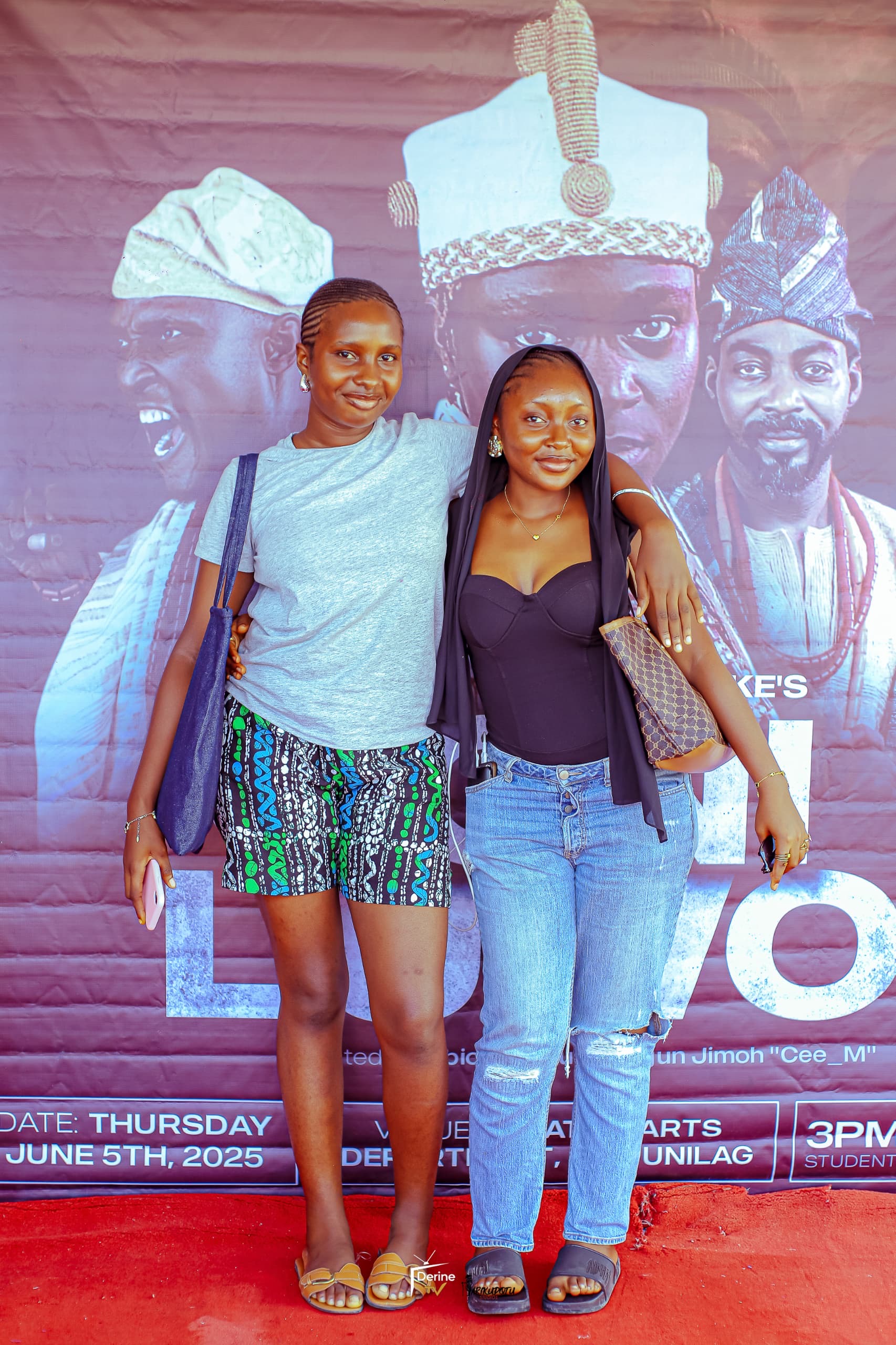
Oluwasegun Abiodun Jimoh, also known as Cee-m, directed the production and shared his thoughts on the process. He noted that it was his first time learning that a woman had ever ruled in Ile-Ife, and directing the stage adaptation gave him a deeper understanding of this historical reality. He explained that the experience ignited a sense of historical consciousness within him, which he believes would be similarly awakened in others who watch the performance.
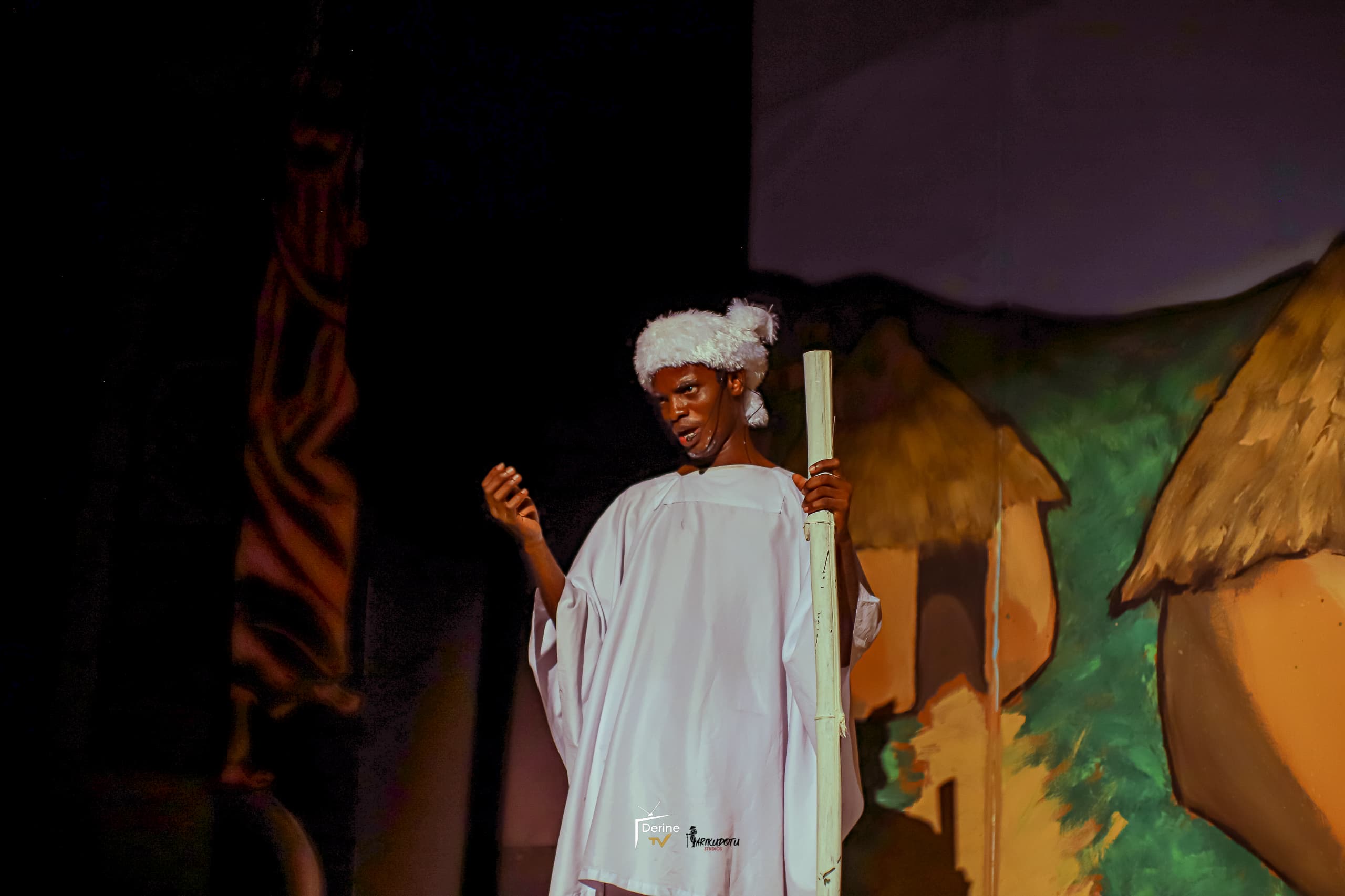
The supervising producer, Victoria Uzoechi-Adeniran, described the play as one with potential to bring attention to less familiar aspects of history. She pointed out that the story could serve as encouragement for young women, especially by highlighting the strength and leadership qualities of the protagonist. She added that although the story carries a strong message for women, it is a significant part of Yoruba heritage that everyone should be familiar with.
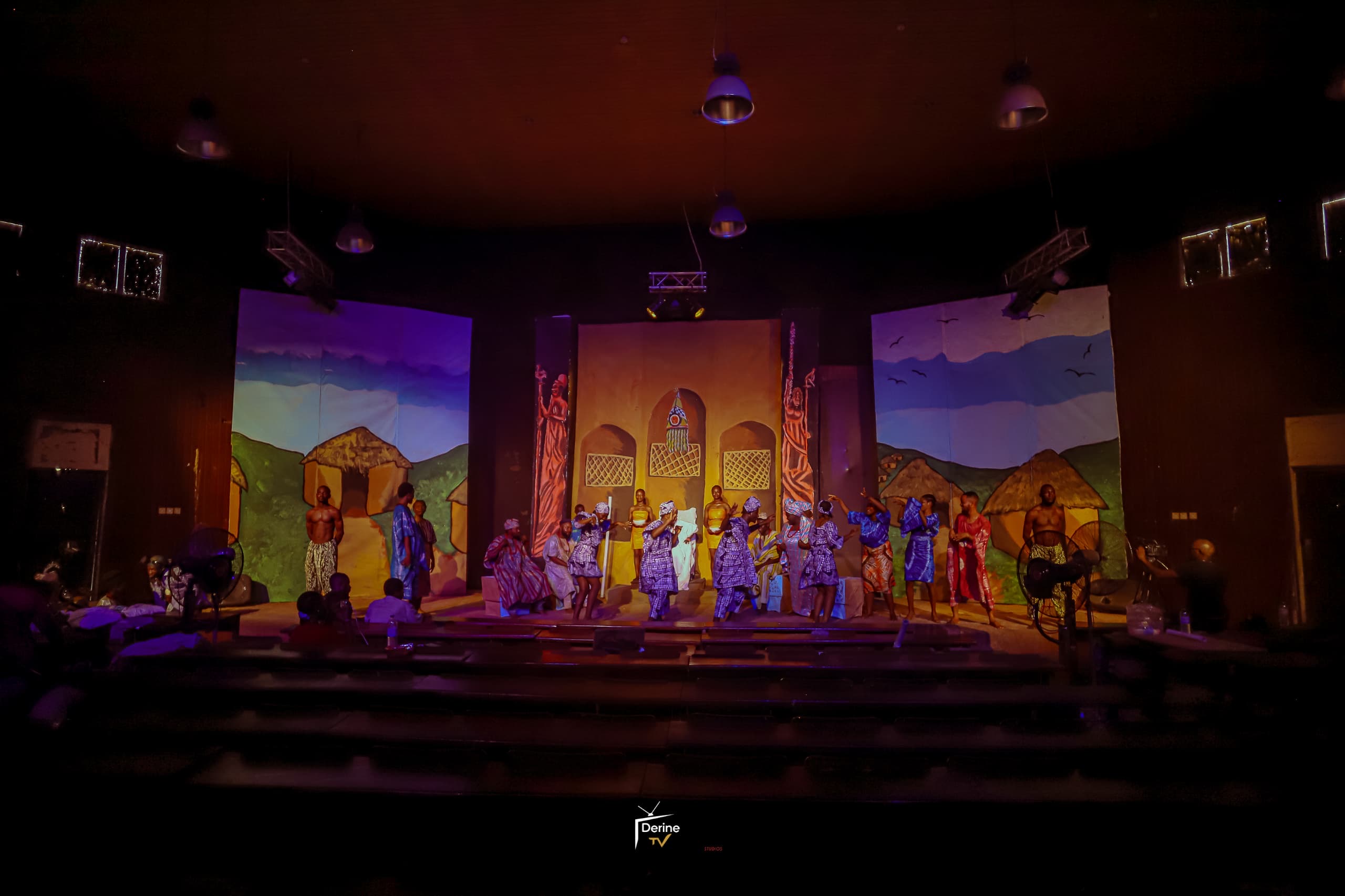
Publisher of the original text, Boluwatife Babalola, commented on the relevance of the narrative in today’s society. He observed that the story is a strong reminder that women’s roles should not be limited to domestic expectations, which in most African contexts continue to be pervasive. He added that when given the right opportunities, women can play significant roles and make meaningful contributions to society.
The audience was a mix of students, theater enthusiasts, and officials from within and outside the university community. The play was appreciated for its performance, elucidation, and cultural importance.
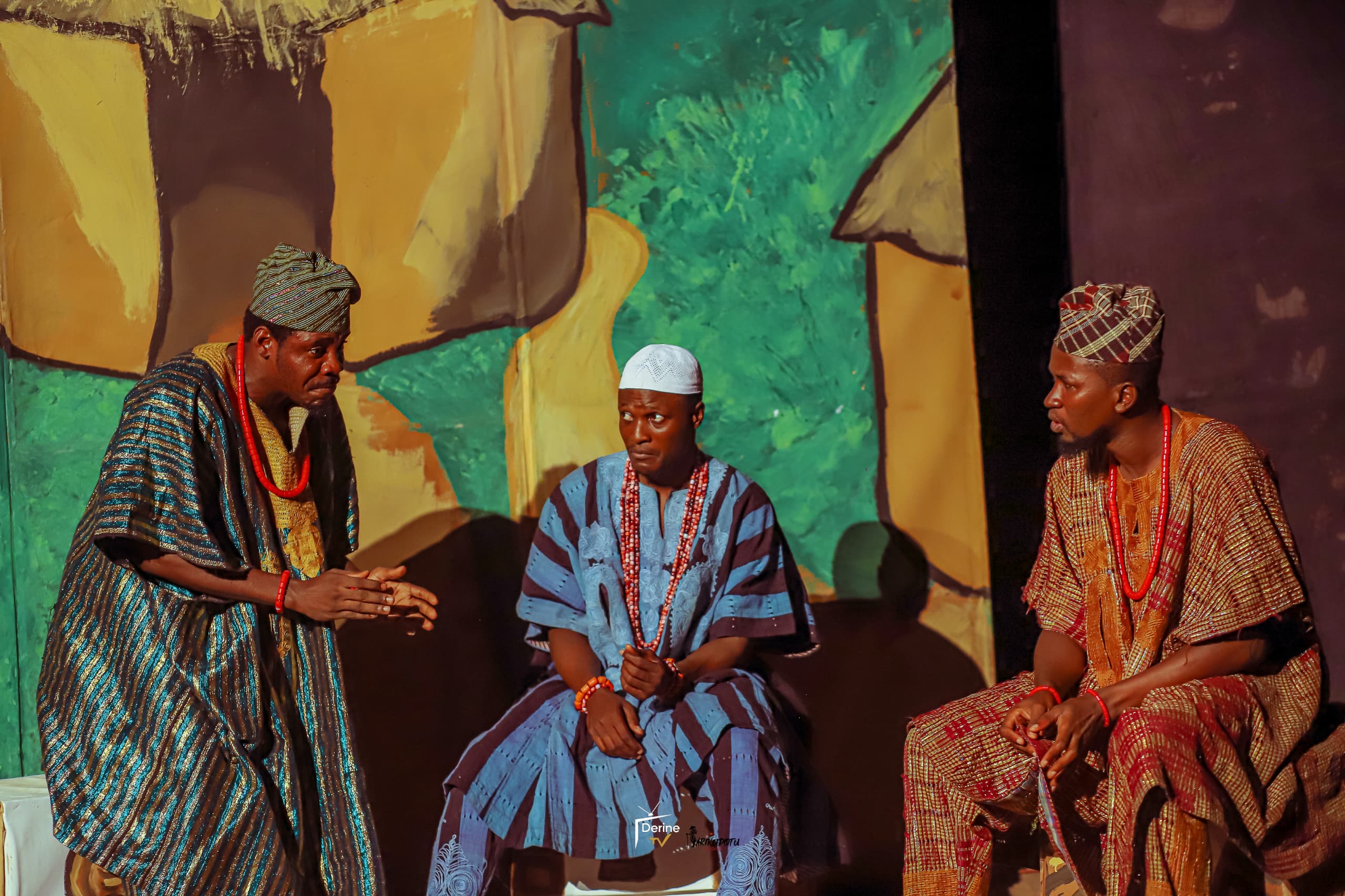
As curtains fell and the audience reacted with appreciation, relevance of the play was apparent. Ooni Luwo is helping bring to the forefront a significant part of Yoruba history and opening space for reflection on the stories that have so far stood at the margin.



